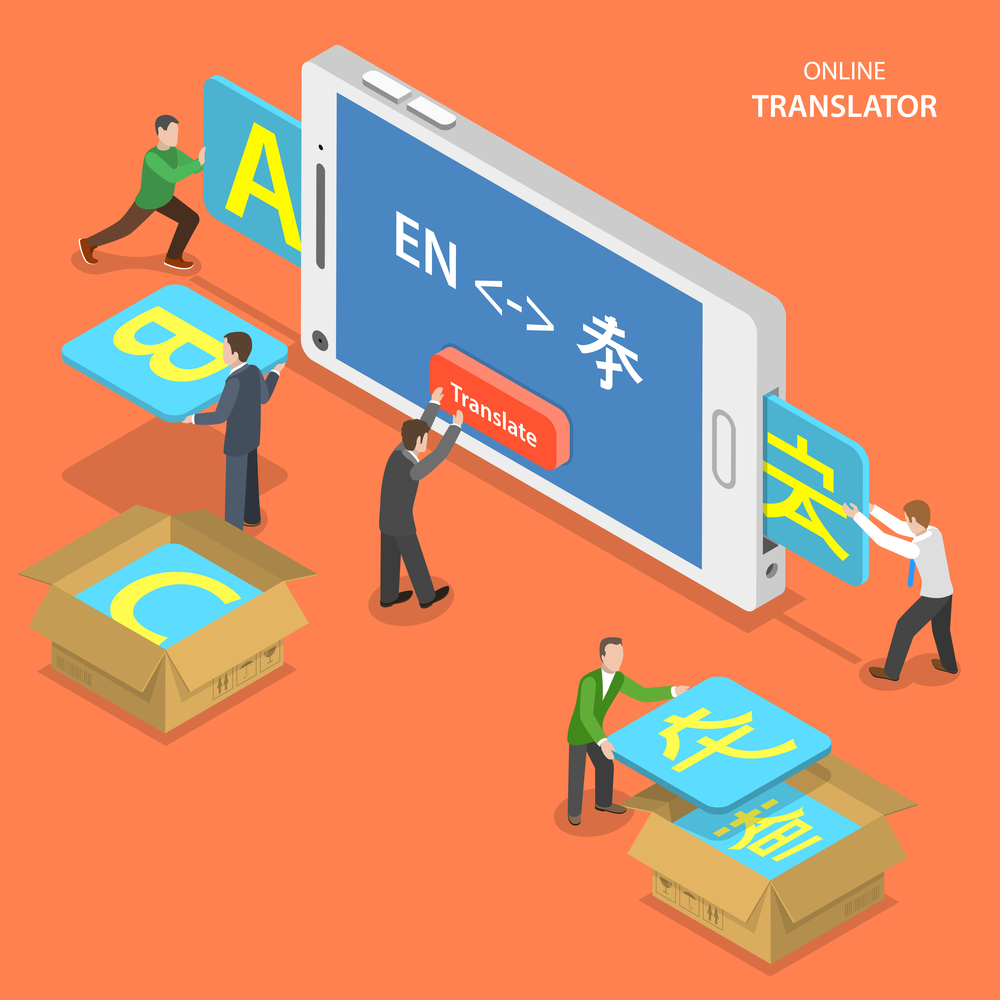How can being bilingual make you a translator? Frequently Asked Questions
- Hedd Freeman
- February 23, 2016
- 4,550 views

Stepes is a mobile platform looking to revolutionize the translation industry. The translation industry is currently stagnated by outdated tools; we have stripped these complicated methods and aspire to bring translation back to its simple core without compromising on quality.
How can Stepes ensure quality translations?
Here at Stepes, quality comes first, therefore we do not approve all bilingual individuals who sign up to translate. All our translators on the Stepes platform are required to go through a certified ISO testing process, identifying quality translators. This is to ensure that every piece of work that leaves the hands of Stepes reaches a high standard.
Does being Bilingual make you a translator?
Bilingual speakers may not necessarily have been trained in translation, but that is not always an essential requirement for translators. It is very rare for a company to demand translation qualifications or experience as long as the translator shows their skills through a test. We are aware of an industry full of capable translators who do not go through college or university studying linguistics or translations. These are the same fully capable bilingual people out there who are creating great careers for themselves as translators. Opening up translation jobs to bilinguals only serves to improve the quality of translations on Stepes. By working with fully capable bilinguals increases the range of experience and knowledge in very specific fields; bilingual mechanics may know more about technical terms than a general translator, and same goes for bilingual fans of the TV show Friends. They’ll be able to understand and translate the subtitles for the show with more accuracy and character. These subject matter experts who not only have the knowledge of terms but also the passion to improve translations for better understanding and clearer accuracy.
Are you taking jobs away from qualified translators?
We respect the translation industry and all that work inside of it, but what we are doing at Stepes is to ensure the best quality for all content types. Limiting the industry to a handful of translators closes the doors to the diversity of knowledge that many capable bilingual people have to offer. With Stepes, bilingual individuals who are also experts and fanatics of sci-fi movies can translate and offer the best culturally attuned translations for the next James Cameron movie. With Stepes, bilinguals who are followers of architecture can translate with technical and up to date terminology for use in translating design blogs and articles, along with access to TermWiki to ensure consistent usage of technical terms. We are looking at expanding the industry for the better, not simply to increase translator numbers.
What if a translator is unfamiliar with the tools?
Stepes is also targeting professional translators to use our platform. These professionals have been using the same tools for decades, therefore might be deterred from using a new method but Stepes could not be simpler to use. Stepes works the same way as a normal messaging app would work, leaving behind the complicated tools usually attached to translation. A translator receives a small amount of the original text and replies with the translation. Swiping right gives the translator the option to view only the text that needs translating, and swiping left gives the option to view only the translated segments of text. This ensures that the translator has full control and overview of the content that they are working with and have worked on.
How does Stepes ensure translators meet deadlines?
Stepes is a platform where it is possible for translators to perform every part of their translation, from searching for jobs to reviewing their final document. To ensure translators complete each document by the deadline, Stepes can link with a translator’s calendar where notifications of upcoming targets are issued. Stepes translators are always kept up to date with jobs and deadlines through email notifications, and with access to the Stepes app, translators are always connected to projects on the go.
If Stepes were to be the stepping stone for naturally talented bilinguals towards contributing to better translation, then we’ve achieved one of our goals. Many capable bilinguals are just too turned off by the idea of translating because of the complex translation tools and the hardship of working freelance. Stepes wants to open up the world to the possibilities of translation, removing restrictions to make translation more accessible and easy, not only for translators but also for clients who may have not thought it was possible.











